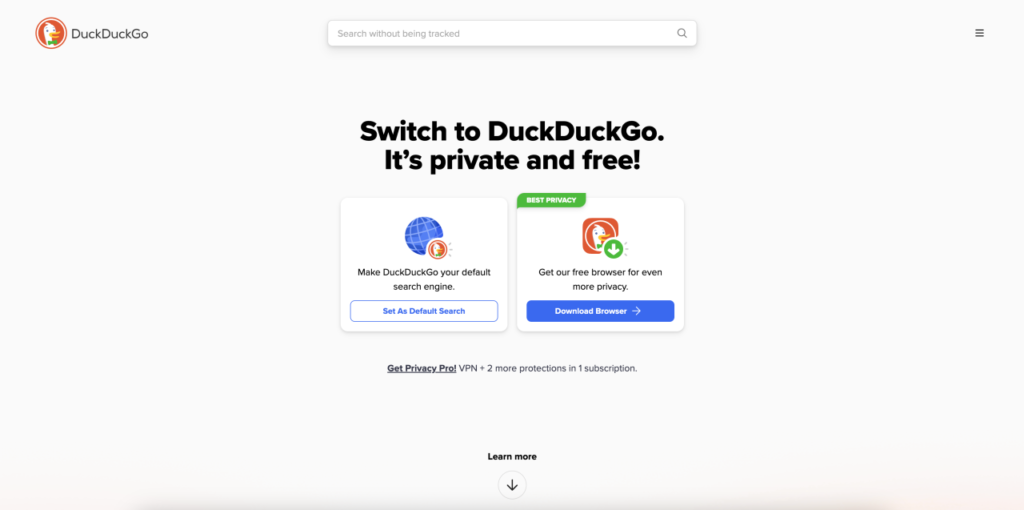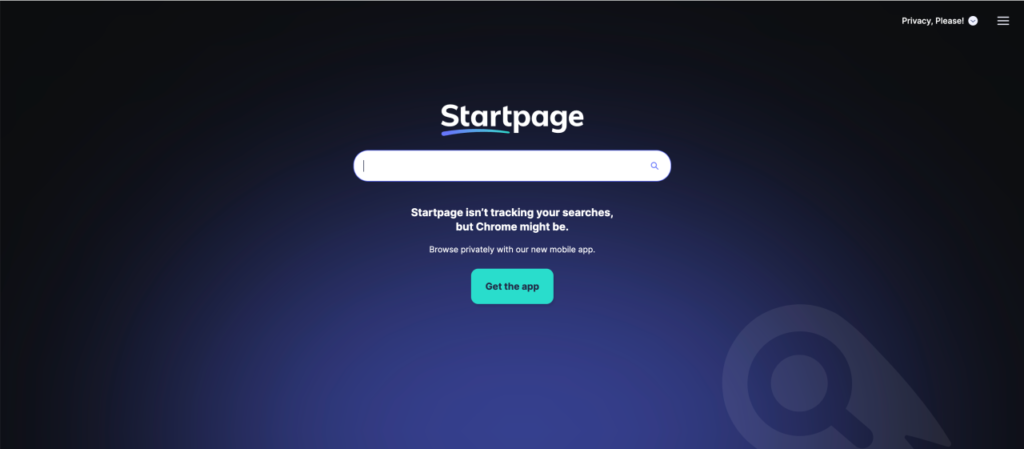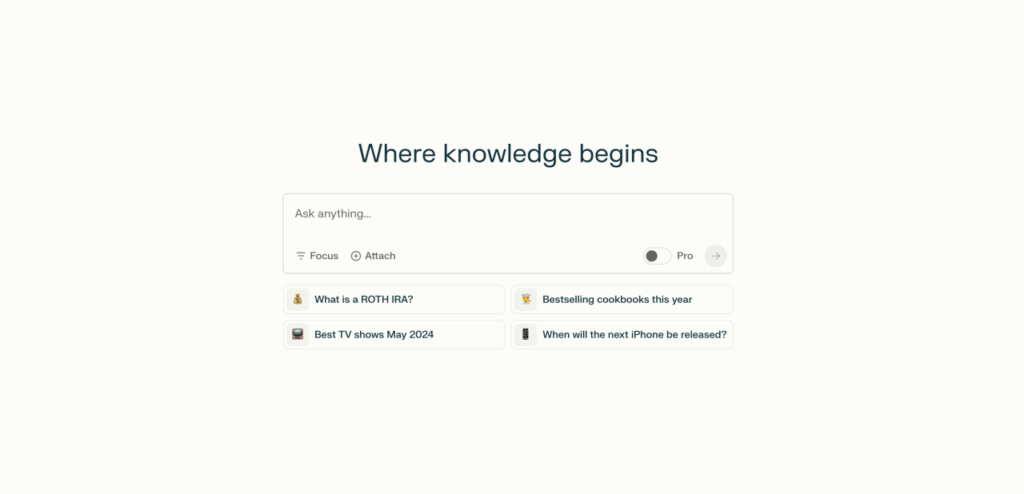For many, Google has become synonymous with the internet itself, dominating the search engine space for years. However, a recent ruling by a U.S. District Court judge found that Google has maintained its monopoly in online search through illegal practices. While Google Search might be your go-to, having replaced phone books and encyclopedias in our daily lives, it’s not your only option.
Just because Google is the most popular search engine doesn’t mean it’s the best for everyone. If you’ve never ventured beyond Google, you might be surprised by the alternatives available, each offering unique features and benefits that Google doesn’t.
Whether you’re looking for enhanced privacy, advanced AI capabilities, or simply a fresh approach to search, several other engines are worth exploring. While Microsoft’s Bing and Yahoo remain well-known alternatives, this list focuses on newer, lesser-known players in the search engine arena. (Note: TechCrunch is owned by Yahoo.)
Let’s dive into some intriguing Google Search alternatives that could change how you browse the web.
DuckDuckGo: The Privacy-First Search Engine

If privacy is your top priority when searching online, DuckDuckGo might be the perfect fit for you. Unlike Google, which collects and utilizes your data to personalize search results and ads, DuckDuckGo takes a different approach. This search engine doesn’t track your search history or share any personal information, as outlined in its privacy policy.
DuckDuckGo offers a clean, straightforward interface that allows you to search for images, videos, news, maps, and shopping results. You can refine your searches based on time, filtering results from the past day, week, month, or year, and even narrow them down by region.
For added control, DuckDuckGo features a Safe Search option that you can toggle between “strict” or “moderate” settings, or turn off entirely.
If you’re interested in AI, DuckDuckGo provides anonymous access to various AI models, including OpenAI’s GPT-4o mini, Anthropic’s Claude 3, Meta’s Llama 3.1, and Mixtral. Rest assured, your conversations won’t be used to train AI models, preserving your privacy.
Ecosia: Search the Web, Save the Planet

Ecosia is a search engine with a mission—to help save the planet. For every search you make, Ecosia uses its profits to plant trees. To date, the company has planted over 213 million trees across more than 35 countries, making it a fantastic choice for eco-conscious users.
Powered by Google and Microsoft’s Bing, Ecosia provides similar search results but with the added benefit of supporting environmental causes. The engine uses essential cookies to deliver search results, with all searches encrypted for security. While Ecosia does offer personalized search results, you must opt-in for this feature, and the engine will seek your consent before enabling personalized ads.
Brave Search: Independent and Privacy-Focused

Brave Search is another privacy-centric option, designed to keep your data safe. It doesn’t share, sell, or collect your personal information, and unlike many other search engines, it operates independently, using its own search index rather than relying on Google or Bing.
Brave’s AI-powered answers appear at the top of your search results, providing quick, concise responses. However, if you prefer traditional search results, you can easily disable the AI feature in the settings.
One unique feature of Brave Search is its “Discussions” section, which surfaces content from forums like Reddit. Additionally, the “Goggles” feature allows you to refine search results according to your preferences, such as excluding Pinterest content, focusing on tech blogs, or filtering news from various political perspectives.
Brave Search also includes a Safe Search feature, with options for “strict,” “moderate,” or “off” settings, giving you further control over your browsing experience.
Startpage: Google Results with Added Privacy

If you’re comfortable with Google’s search results but seek enhanced privacy, Startpage could be the solution. Powered by Google, Startpage delivers the familiar search results you’re used to, but without the personal data collection, tracking, or targeting that comes with using Google directly.
Startpage’s “Anonymous View” feature acts like a VPN, masking your identity as you browse other websites. It blocks trackers and removes your IP address from all its global premise servers, ensuring your privacy is maintained.
The engine also offers “unprofiled” news, meaning you won’t see articles based on your browsing behavior, giving you a more unbiased view of current events. While Startpage does display promotional content on its homepage and search results pages, you can disable these ads in the settings.
While the overall experience is similar to Google, Startpage redirects you to Google or Bing for certain features, like Maps, maintaining a balance between familiarity and privacy.
Perplexity: AI-Powered Search with a Conversational Twist

Despite being embroiled in some controversies, Perplexity has emerged as one of the most popular AI-powered search engines. Unlike others that merely add AI features on top of traditional search results, Perplexity was built from the ground up as an AI-first search engine. Imagine a combination of an AI chatbot and a search engine—that’s Perplexity in a nutshell.
Perplexity offers a conversational approach to search, providing concise answers to your queries. If you want to dig deeper, it also lists relevant websites and includes a “related” section that suggests further exploration based on your initial search.
Although Perplexity is free, it also offers a premium subscription for $20 a month. Subscribers gain access to additional features, including image generation models and the option to select their preferred AI model, making it a versatile tool for those who prioritize AI in their search experience.
SearchGPT: OpenAI’s Next Big Thing in Search

Though not widely available yet, OpenAI’s SearchGPT is a search engine to watch. Given the success of OpenAI’s other products, SearchGPT is expected to make a significant impact on the search engine market, potentially challenging Google’s dominance.
OpenAI promises that SearchGPT will deliver “fast and timely answers” to user queries, combining search results with relevant images and links to sources. The engine will allow follow-up questions and related searches, all within an interactive sidebar.
SearchGPT’s responses will cite and link to sources, ensuring transparency about where the information comes from. OpenAI has also clarified that SearchGPT is focused solely on search and will surface results from sites that have opted out of generative AI training.
While still in its prototype phase, SearchGPT is definitely a search engine to keep an eye on once it becomes widely available.
Conclusion
Google Search has long been the default choice for internet users, but as you can see, there are plenty of compelling alternatives worth exploring. Whether you’re concerned about privacy, passionate about the environment, or eager to embrace the latest in AI technology, there’s a search engine tailored to your needs. Take a moment to try out these options—you might find a new favorite that transforms how you search the web.










